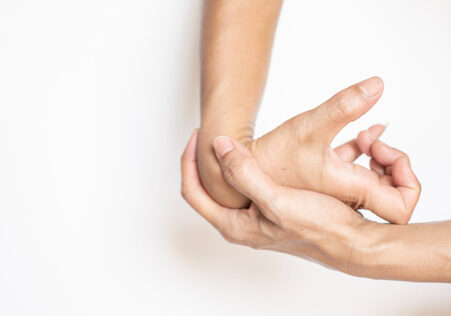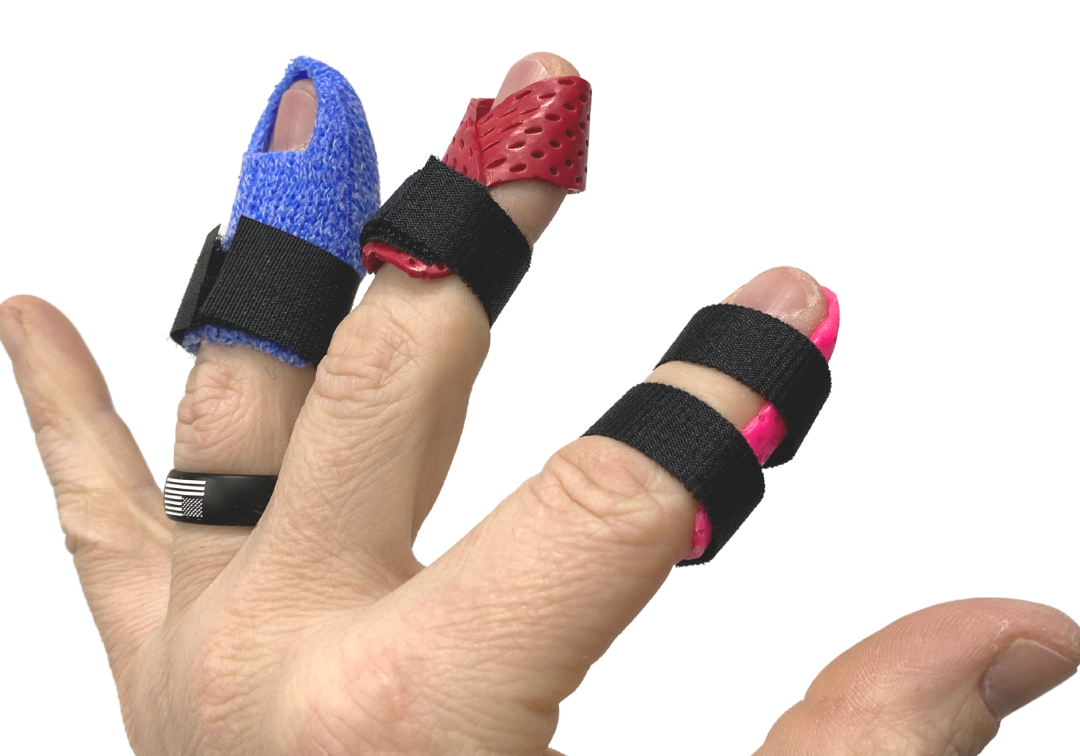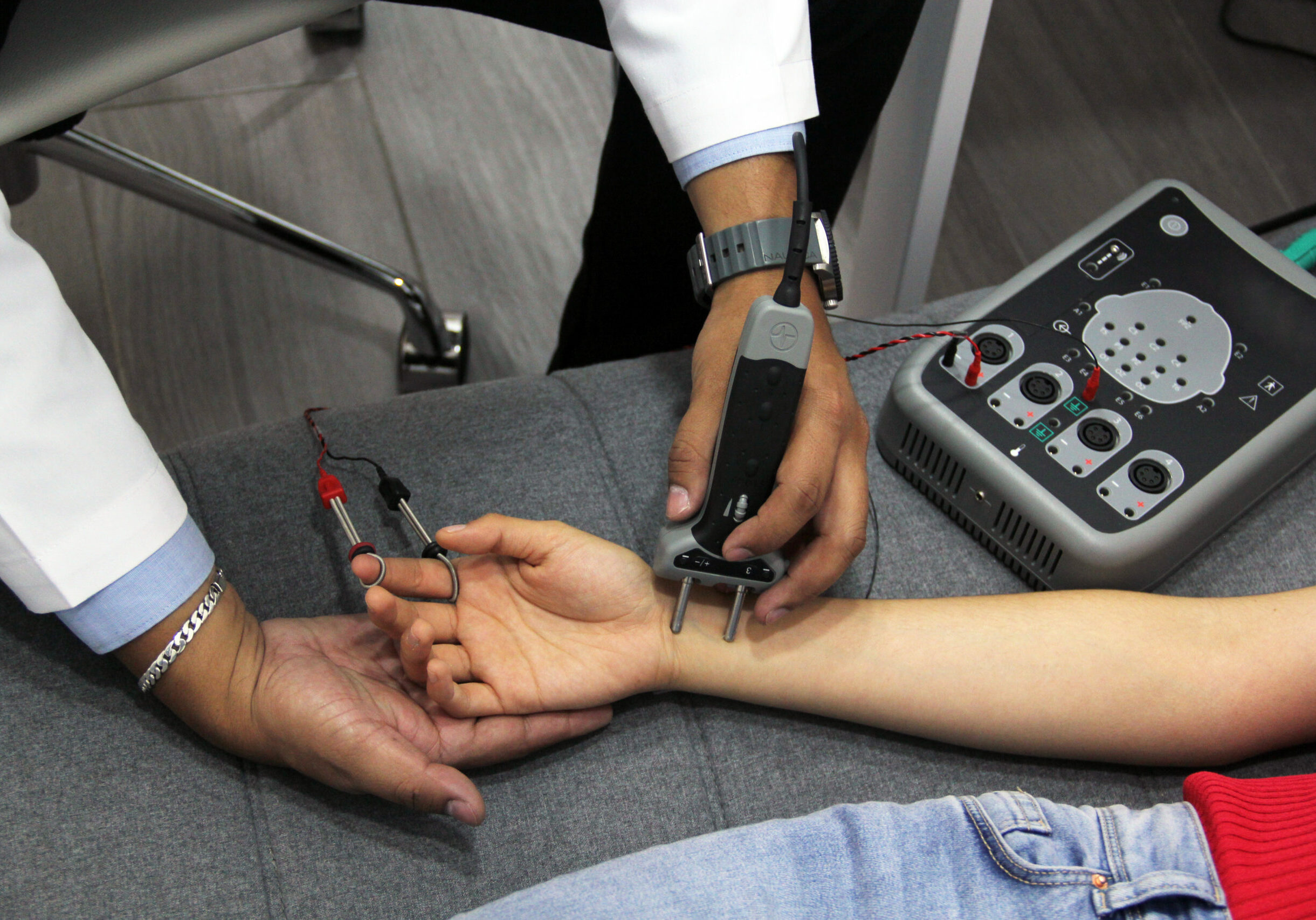Taking Alpha-Lipoic Acid for 40 days after Carpal Tunnel Surgery can decrease the likelihood of developing Pillar Pain.
Filed under Reviews, Treatments
Filippo, B., Granchi, D., Roatti, G., Merlini, L., Sabattini, T., & Baldini, N. (2017). Alpha-lipoic acid after median nerve decompression at the carpal tunnel: A randomized controlled trial. The Journal of Hand Surgery, 4, 236–42.
The Skinny – A double-blind, randomized controlled study was performed. Sixty-four patients were randomly assigned into two groups after median nerve decompression. Thirty-two patients took the alpha-lipoic acid (ALA), while the other 32 received the placebo pill.
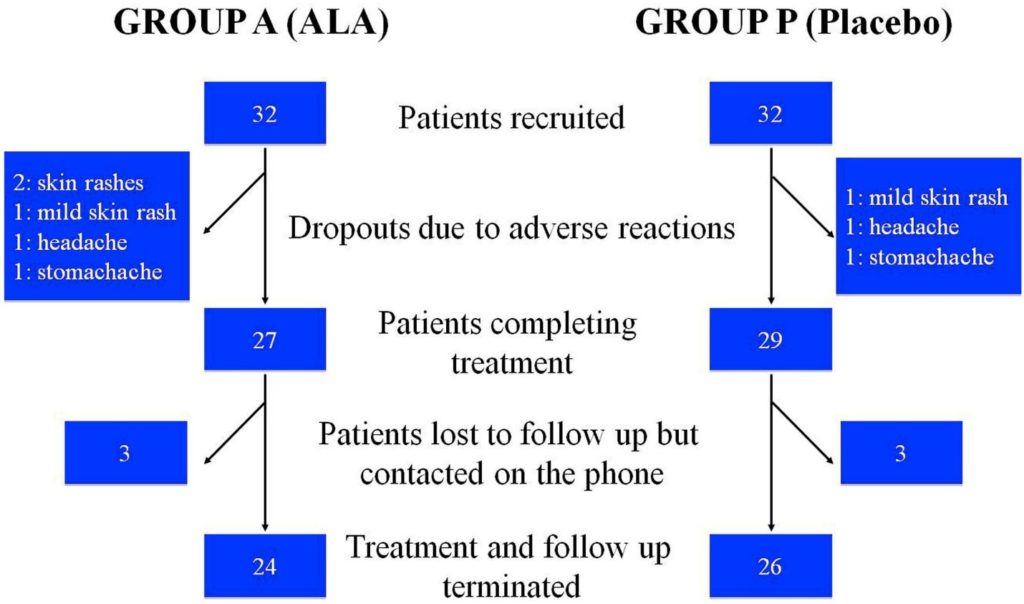
In The Weeds – The outcome measures utilized were Boston Carpal Tunnel score, 2-point discrimination, presence or absence of pillar pain, use of analgesics beyond post-op day 2, and sensory and motor conduction velocities. These measures were assessed at three months post-op.
Bringing it Home – ALA did not significantly improve nerve conduction velocity or Boston Carpal Tunnel score. Taking ALA did reduce pillar pain, and static 2-point discrimination improved in both groups.
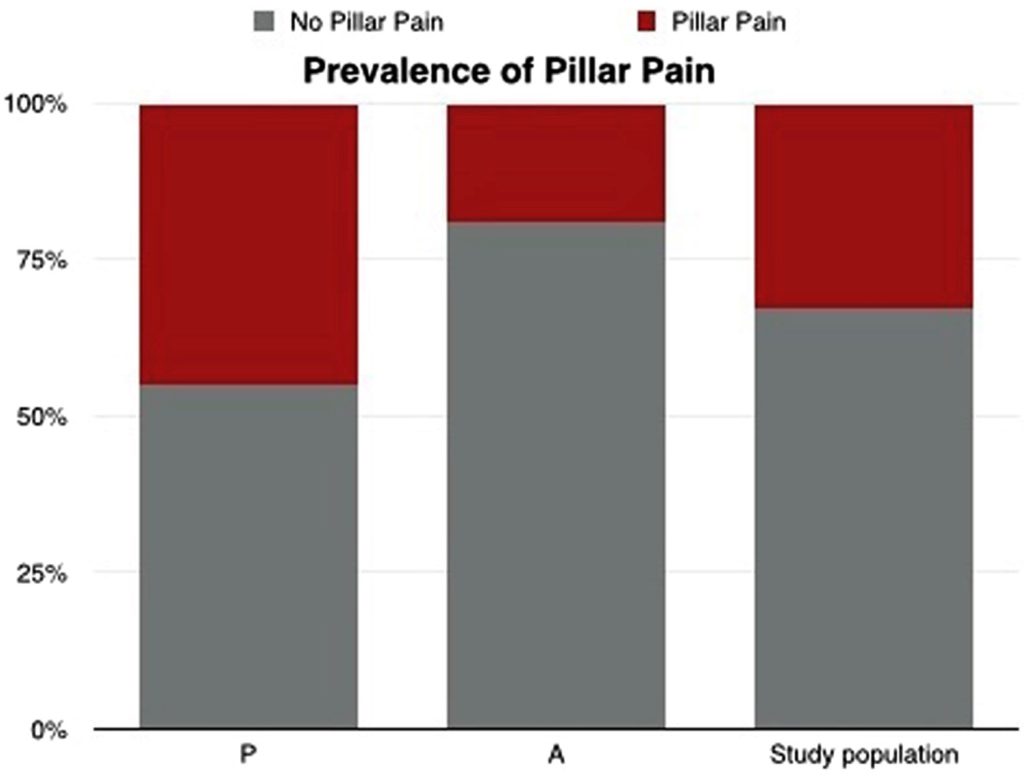
Taking ALA for 40 days after carpal tunnel surgery can lower the incidence of Pillar Pain. The study size was relatively small, and the outcome measures of pain and two-point discrimination test are somewhat subjective measures. The ALA treatment (pillar pain treatment) was well tolerated by the study participants. A larger study is needed to confirm these findings.
More To Read
Stretching After Stroke for Spasticity
Rapid Review By: Mikayla Murphy Kerr, L., Jewell, V. D., & Jensen, L. (2020). Stretching and splinting interventions for post stroke spasticity, hand function, and functional tasks: A systematic review. American Journal of Occupational Therapy, 74, 7405205050. https://doi.org/10.5014/ajot.2020.029454 The Skinny This study focused on the benefits of stretching the upper extremity to decrease spasticity, increase…
Read MoreOur Favorite Mallet Finger Splints
By: Josh MacDonald Fabricating a custom splint for a mallet finger injury is challenging. Fingers are tiny and they have small tolerances for errors and adjustments with custom splints. Making a splint for a mallet finger injury is probably the hardest type of finger splint for a therapist to make. Treatment recommendations vary, with some…
Read MoreDo you know the difference between an Electromyography (EMG) and a Nerve Conduction Velocity (NCV) Study?
Do you know the difference between EMG and NCV (an Electromyography and a Nerve Conduction Velocity Study? The term nerve test is usually a broad term that typically indicates both an Electromyography (EMG) and a Nerve Conduction Velocity (NCV) study (EMG vs NCV). An EMG looks at the electrical signals your muscle makes when at…
Read MoreSign-up to Get Updates Straight to Your Inbox!
Sign up with us and we will send you regular blog posts on everything hand therapy, notices every time we upload new videos and tutorials, along with handout, protocols, and other useful information.


